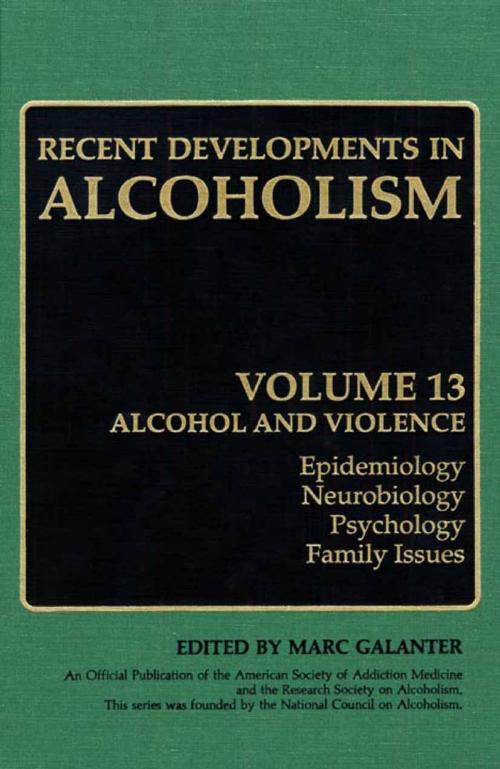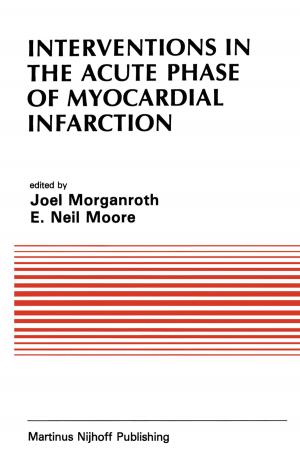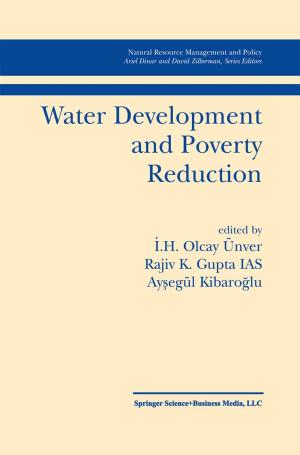Recent Developments in Alcoholism
Alcohol and Violence - Epidemiology, Neurobiology, Psychology, Family Issues
Nonfiction, Health & Well Being, Medical, Specialties, Psychiatry, Psychology| Author: | Henri Begleiter, Deirdre Winczewski, Richard Deitrich, Richard Fuller, Donald Gallant, Donald W. Goodwin, Edward Gottheil, Alfonso Paredes, Marcus Rothschild, David H. van Thiel | ISBN: | 9780306471414 |
| Publisher: | Springer US | Publication: | February 24, 2009 |
| Imprint: | Springer | Language: | English |
| Author: | Henri Begleiter, Deirdre Winczewski, Richard Deitrich, Richard Fuller, Donald Gallant, Donald W. Goodwin, Edward Gottheil, Alfonso Paredes, Marcus Rothschild, David H. van Thiel |
| ISBN: | 9780306471414 |
| Publisher: | Springer US |
| Publication: | February 24, 2009 |
| Imprint: | Springer |
| Language: | English |
From the President of the Research Society on Alcoholism On behalf of the Research Society on Alcoholism, I am pleased to introduce this thirteenth volume of Recent Developments in Alcoholism about alcohol and violence. Current concepts are presented in well-organized sections that - cus on epidemiology, neurobiology, psychology, and family issues. It is - coming increasingly clear that age, gender, socioeconomic circumstances, and genetics affect aggressive behavior and vulnerability to alcoholism. This v- ume contains up-to-date discussions of these issues. Indeed, the information presented here will help all alcohol researchers to identify biological and social factors that contribute to the comorbidity of alcoholism and aggression. The editors and associate editors should be congratulated for bringing toge- er such important information. This volume will be a valuable resource for investigators and therapists alike. Ivan Diamond M. D. , Ph. D. President, Research Society on Alcoholism From the President of the American Society of Addiction Medicine The American Society of Addiction Medicine is honored to continue its - sponsorship with the Research Society on Alcoholism of Recent Developmen ts in Alcoholism. The topic of alcohol and violence is a particularly timely one, given the growing number of studies that are examining the relationship between the two. These studies are consistent with the hypothesis that al- hol can increase aggression and contribute to both domestic and criminal violence. Intoxicating blood levels of alcohol have been found to be especially prevalent in those injured in fights and assaults.
From the President of the Research Society on Alcoholism On behalf of the Research Society on Alcoholism, I am pleased to introduce this thirteenth volume of Recent Developments in Alcoholism about alcohol and violence. Current concepts are presented in well-organized sections that - cus on epidemiology, neurobiology, psychology, and family issues. It is - coming increasingly clear that age, gender, socioeconomic circumstances, and genetics affect aggressive behavior and vulnerability to alcoholism. This v- ume contains up-to-date discussions of these issues. Indeed, the information presented here will help all alcohol researchers to identify biological and social factors that contribute to the comorbidity of alcoholism and aggression. The editors and associate editors should be congratulated for bringing toge- er such important information. This volume will be a valuable resource for investigators and therapists alike. Ivan Diamond M. D. , Ph. D. President, Research Society on Alcoholism From the President of the American Society of Addiction Medicine The American Society of Addiction Medicine is honored to continue its - sponsorship with the Research Society on Alcoholism of Recent Developmen ts in Alcoholism. The topic of alcohol and violence is a particularly timely one, given the growing number of studies that are examining the relationship between the two. These studies are consistent with the hypothesis that al- hol can increase aggression and contribute to both domestic and criminal violence. Intoxicating blood levels of alcohol have been found to be especially prevalent in those injured in fights and assaults.















